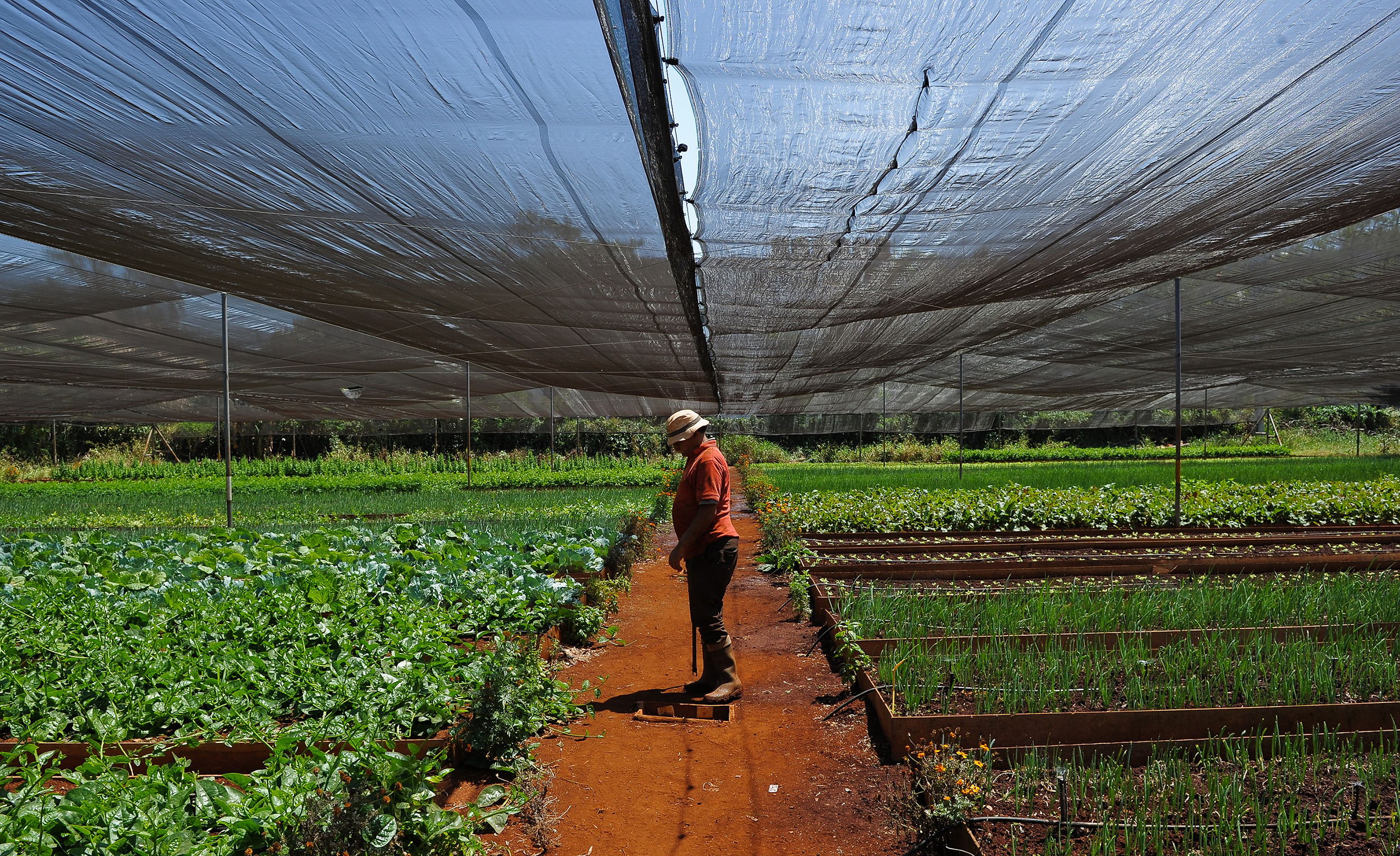Canadian consumers are placing greater demand on the country’s organic foods industry, creating a need for more advanced organic fertilizer products. According to The World of Organic Agriculture 2019 report, Canada ranks among the top 10 global markets for organic foods and has one of the world’s highest per capita consumption rates. Government of Canada statistics peg annual retail sales of national organic food products at approximately C$4.4 billion. To keep up with consumer demand, farmers are switching to organic farming methods that require a focus on environmentally friendly pest-control and soil regulation methods, including alternatives to chemical-based fertilizers. This transition to organic farming has given rise to newly developed organic fertilizers that build soil health and help reduce the environmental impact of agricultural production.
The agriculture and agri-food sector is a key economic driver in Canada and the organic food industry is considered one of the fastest-growing sectors of this market. The World of Organic Agriculture 2019 report also noted that the total area of organic farmland in Canada increased by more than 45 percent between 2011 and 2017, compared to a 1 percent decline in farmland overall. During interviews with leading organic food processors in Canada, most reported year-over-year growth of more than 10 percent. The same report also identified “sourcing ingredients close to the manufacturing facility” as one of the most pressing challenges facing further growth in the organic foods processing sector. Thus, it seems demand for organic food products in Canada is outpacing that of actual organic food production in the country, leading Canadian organic food processors to increasingly turn to imports. “Demand is definitely outpacing supply. We need more producers because more and more Canadians are asking for organic and in particular are looking for Canadian organic products,” said Jill Guerra, research and special projects coordinator for Canada Organic Trade Association (COTA).
The Canadian government has recognized the need to build out domestic organic food production that can both meet rising demand at home and abroad. Since October 2015, more than C$50 million in federal support has gone into the country’s organic foods sector and the government has pledged to make further investments. In June 2019, the Ministry of Agriculture and Agri-Food announced an investment of nearly C$1 million in COTA for the development of domestic and export market opportunities for Canadian organic food products. Growing demand for organic food products is mainly attributed to a rise in consumer awareness about the potentially harmful effects of chemicals in the food chain, especially among millennials. According to research by COTA, between 2016 and 2017 the percentage of Canadian consumers purchasing organic foods rose from 56 percent to 66 percent. “A big piece of that is millennials,” said Guerra. The association’s research found that 83 percent of millennials buy organic food weekly, compared to 62 percent of Generation X and 56 percent of baby boomers.
In a follow-up consumer survey conducted in December 2018, COTA found that organic fruits and vegetables are the most popular category with Canadians. Consumers were mainly motivated to buy organic foods to reduce their exposure to chemicals used in pesticides and fertilizers as well as to promote soil health on agricultural lands. For its part, the Canadian Ministry of Agriculture and Agri-Food has pledged up to C$8.3 million in organic agricultural research, which includes research aimed at improving productivity through better soil health and fertility management, crop breeding and pest management. The knowledge such research will bestow on Canadian farmers is essential to supporting the transition from conventional farming to more organic farming methods in order to increase the country’s organic food production.
Agricultural research has already shown farmers that the secret to soil health is in the amount of soil organic matter (SOM), which includes plant and animal material such as decomposing leaves, animal waste, earthworms and microorganisms. “(SOM) plays a key role in nutrient retention and storage, water holding capacity, porosity, infiltration capacity, hydraulic conductivity, and water-stable aggregation and decreased bulk density,” according to a 2017 study conducted by Northeastern University and The Organic Center. “As a result, soils high in SOM support healthier crop growth, are less susceptible to drought, runoff, and erosion, and support greater soil organismal biodiversity. SOM is also important for global climate change mitigation as a source of long-term carbon sequestration.”
Across the globe, commercial-scale conventional farming has led to widespread depletion of SOM concentrations. Organic-based fertilizers offer one of the best methods for rebuilding SOM levels for healthier, more productive soils and chemical-free food production. Organic fertilizer companies such as EarthRenew and MustGrow Biologics are developing product formulations that help build the soil into the perfect environment for growing high-yield crops on a sustainable basis. “Organic fertilizers offer the farming industry the ability to rebuild soil health and support high-yield crop growth,” Keith Driver, CEO of EarthRenew, told Investing News Network (INN). “Organically managed soils tend to show higher contents of SOM and more active soil microbial populations – both key signals of soil quality – as well as better water-storage capacity and higher water infiltration rates, making crops more drought-resistant. Advanced organic-based fertilizer formulations can boost nutrient efficiency, including the slow release of nutrients.
“The EarthRenew product provides a source of nutrients in a pellet with significant organic carbon content. The pelleted product provides for easy application directly in the seed row, maximizing efficiency and agronomic value,” said Driver. EarthRenew’s commercial-scale fertilizer production facility is located in Strathmore, Alberta, and the company’s distribution partner Sun Country Farms has networks throughout Canada and the US. EarthRenew’s newly developed value-added fertilizer formulations recently received approval for their sale into the California and Canadian markets. The company is also looking to add CCm Technologies’ carbon capture and utilization technology to the Strathmore facility to increase the grade of the nitrogen content of the fertilizer product. The company expects to make its first sales in the spring of 2021.
Agricultural biotech company MustGrow Biologics’s product portfolio includes a natural biopesticide that also acts as a fertilizer for organic fruit, vegetable and cannabis crops. The product has US EPA approval in granule form (currently limited to fertilizer in California) and is designated by Health Canada’s Pest Management Regulatory Agency as a fruit and vegetable bio-pesticide and fertilizer. The company has now concentrated the product into a liquid format to be applied through standard drip or spray equipment. As the COTA study reveals, two-thirds of Canadian consumers are now looking to the agri-food industry to produce healthy and environmentally friendly organic foods. To match the scale of the demand, farmers will need to consistently produce high-yield, chemical-free crops. New organic fertilizer products are coming to market that can help farmers rebuild and sustain the level of soil health needed to grow such crops.
‘Demand for Canadian Organic Foods Creating Opportunities in the Organic Fertilizer Industry’ – Article by Melissa Pistilli – Investing News.




